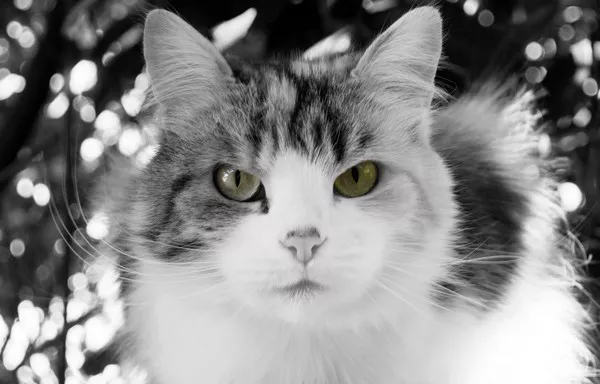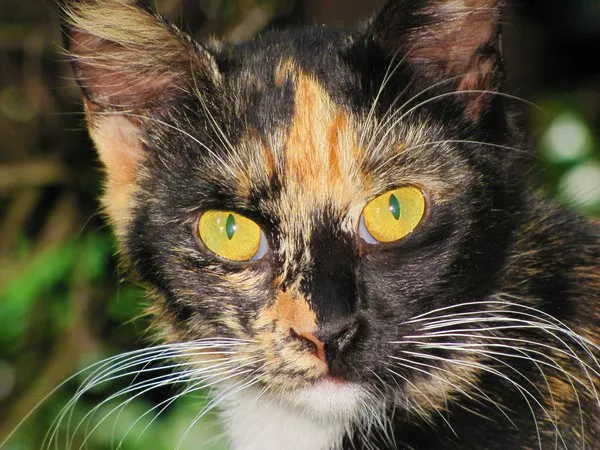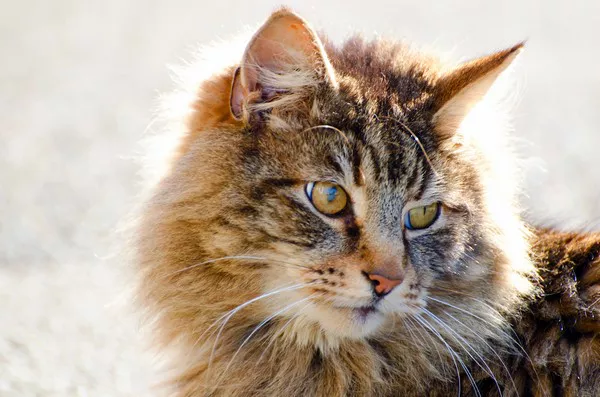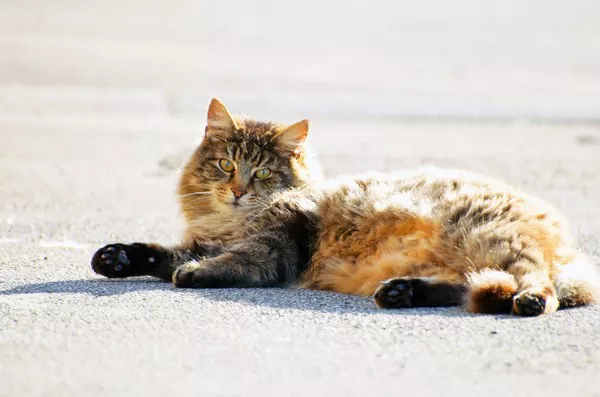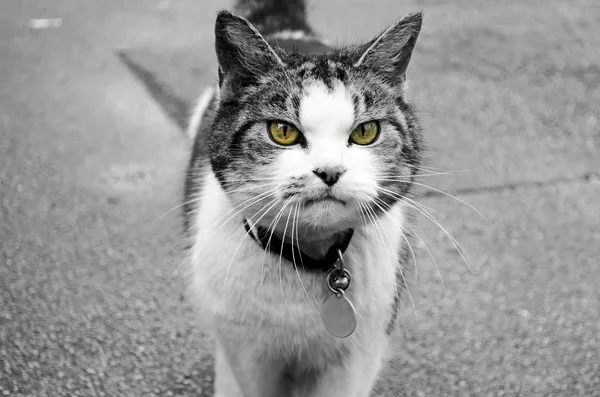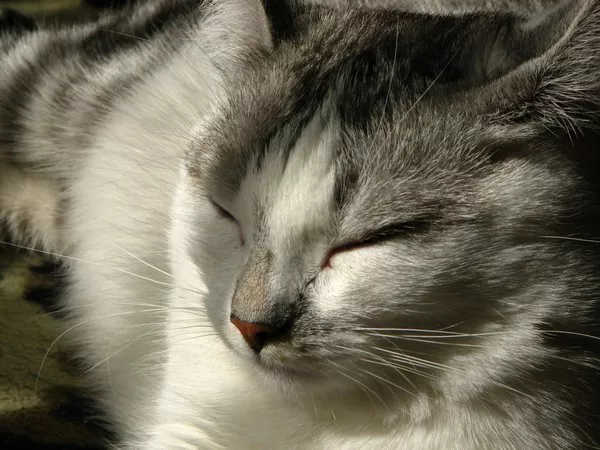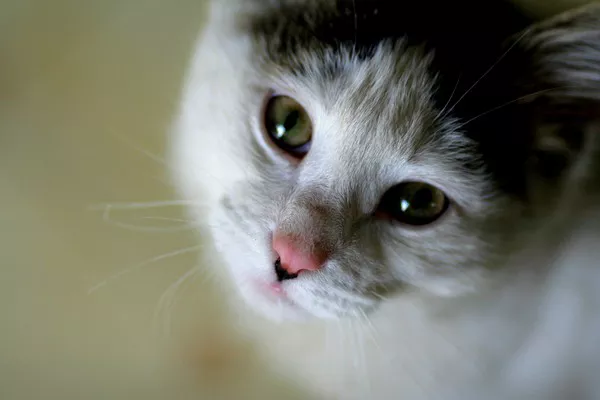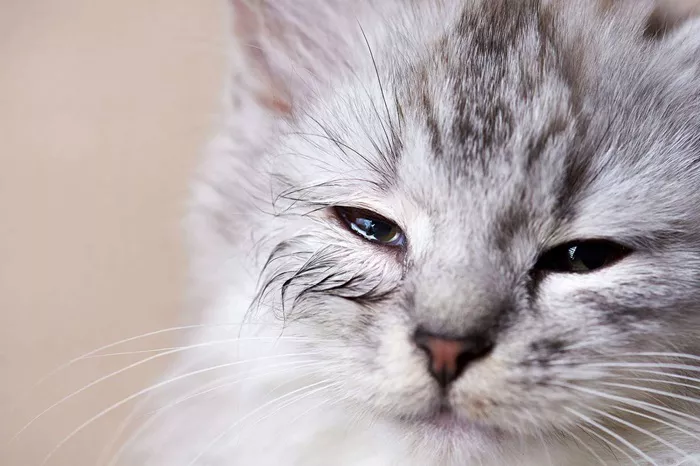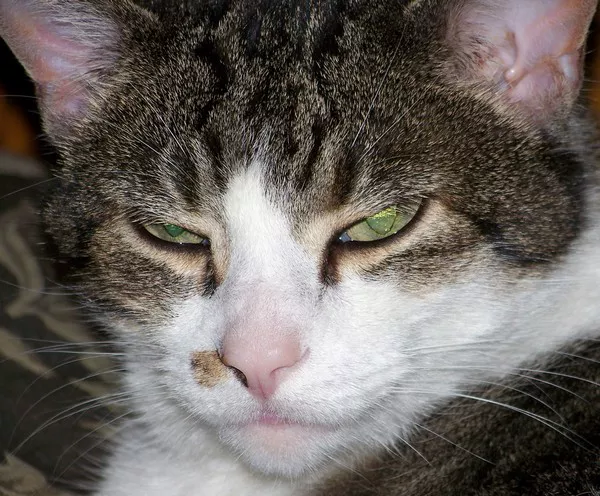CROMWELL, New Zealand — A family in Cromwell is grieving the loss of their beloved feline companion, Bluey, who tragically fell victim to a gin trap over the weekend. The incident has prompted James Dicey to issue a heartfelt warning to other cat owners and a plea to those undertaking pest control measures.
Bluey’s untimely demise has left Mr. Dicey’s children devastated, struggling to comprehend the cruelty behind setting such traps. “They can’t figure out why someone would do this, using a trapping method that has caused this amount of harm,” Mr. Dicey expressed.
Twelve-year-old Bluey was discovered near Bannockburn on Saturday, in a state of distress and suffering significant injuries. Despite their best efforts, the family was forced to make the difficult decision to euthanize Bluey on Monday, as advised by a local veterinarian. Shockingly, Bluey was one of three cats to have recently lost their lives to similar traps.
Gin traps, characterized by metal jaws designed to catch and immobilize animals by a limb, are subject to strict regulations under the Animal Welfare Act in New Zealand. The Act mandates regular inspection of traps and restricts their sale and use. However, reports of gin trap incidents persist in various neighborhoods in and around Cromwell, sparking concern among residents, particularly cat owners whose pets have gone missing.
While acknowledging the roaming nature of domestic cats and their potential impact on native wildlife, Mr. Dicey maintains that the use of gin traps is unjustifiable. “At best it is highly irresponsible, at worst, there’s someone with an agenda against cats,” he stated.
Highlighting the availability of alternative, more humane traps for targeting pests like ferrets and stoats, Mr. Dicey urges cat owners to remain vigilant and mindful of their pets’ whereabouts. “People need to be careful with their cats, and where they are, and keep an eye on them,” he advised.
Bluey’s tragic fate serves as a stark reminder of the importance of responsible pest control practices and the need for collective efforts to ensure the safety and well-being of all animals in our communities.

